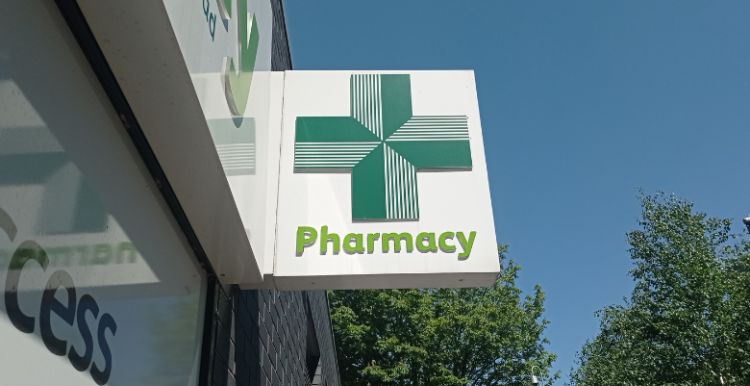New report warns of life-saving medicine shortages

The analysis of Freedom of Information Requests and public data found that the number of notifications from drug companies warning of shortages has more than doubled since 2020.
Pharmacies often have to pay more for common medications than they are reimbursed by the NHS.
The research also shows that Britain has been slower in approving new medicines that the EU.
The report also identifies other issues, including a change in demand to the medicines prescribed by doctors. One example used was a 40% increase in requests for prescriptions for hormone replacement therapy (HRT) for menopausal women, in 2021/22.
Our Chief Executive, Louise Ansari, commented:
“This report supports our research, which suggests that almost a quarter of people who used a pharmacy service last year experienced shortages when trying to get medicine, with women being more affected than men. Shortages of vital medication can have a detrimental impact on people’s condition, and their lives.
“We are calling on the Government to carry out a review of the medicine supply chain to ensure medicine safety and resilience. Where safe to do so and in collaboration with patients, pharmacy teams should be given the flexibility to make changes to the medicines they dispense.
“Government and NHS England should better communicate serious shortage protocols to GP and pharmacy staff; and patients should be kept informed about shortages, and be given clear advice on what to do if they can’t get their medication.”
What is your experience?
We often hear from people with questions about getting medication.
If you have been affected:
- by your usual medication not being available,
- or by the Prescription Ordering Direct service closing at the end of March,
- or had another issue about your medication,
please share your experience with us using our short webform:

